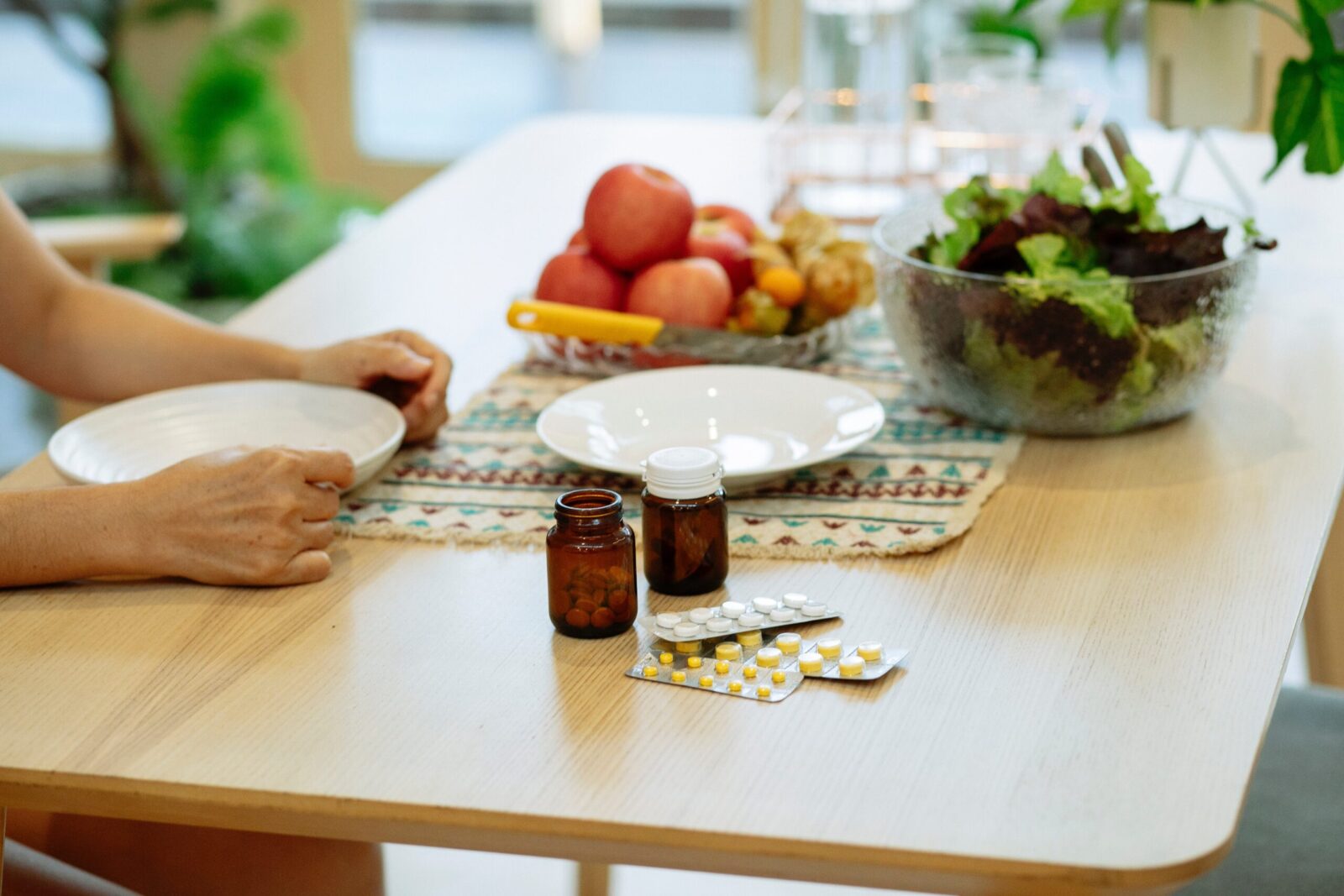
What Food not to Eat after Hemorrhoid Surgery?
1. Introduction to Hemorrhoid Surgery
Hemorrhoid surgery is a common procedure that is performed to remove swollen and inflamed veins in the rectum or anus. This type of surgery can be done using different techniques, including stapling, excision, and hemorrhoidectomy. While the surgery itself is relatively straightforward, the recovery process can be challenging, especially when it comes to diet. Eating the wrong foods after hemorrhoid surgery can cause discomfort, pain, and even delay the healing process. Therefore, it’s crucial to follow a proper diet plan to ensure a smooth recovery. In this article, we’ll discuss the importance of diet after hemorrhoid surgery and what foods to avoid to promote healing and prevent complications.
2. Importance of Diet after Hemorrhoid Surgery
After undergoing hemorrhoid surgery, it is crucial to follow a proper diet plan to ensure a smooth recovery. Your body needs time to heal after the surgery, and the food you eat can either help or hinder the healing process. A healthy diet can reduce inflammation, prevent constipation, and promote bowel regularity, which are all essential for post-surgery recovery. On the other hand, consuming the wrong types of food can lead to complications such as bleeding, pain, and discomfort. Therefore, it is vital to pay close attention to what you eat during your recovery period.
3. Foods to Avoid after Hemorrhoid Surgery
After undergoing hemorrhoid surgery, it is important to follow a proper diet plan to ensure a smooth recovery. Certain foods can cause discomfort and irritation to the surgical area, which can prolong the healing process. Here are some foods that should be avoided after hemorrhoid surgery:
1. Spicy and Acidic Foods: Foods such as hot peppers, citrus fruits, tomatoes, and vinegar can irritate the digestive system and cause discomfort in the anal area. It is best to avoid these foods until the surgical site has fully healed.
2. High-Fat Foods: Foods high in fat can slow down the digestive system and cause constipation, which can be painful for those recovering from hemorrhoid surgery. Avoid fried foods, fatty meats, and processed snacks.
3. Processed Foods: Processed foods are often high in salt and preservatives, which can cause bloating and discomfort. It is best to stick to whole, unprocessed foods such as fruits, vegetables, and lean proteins.
By avoiding these foods and following a proper diet plan, you can help your body heal faster and reduce the risk of complications. Remember to consult with your doctor or a registered dietitian before making any major changes to your diet.
4. Spicy and Acidic Foods to Avoid
After hemorrhoid surgery, it is important to avoid spicy and acidic foods as they can irritate the digestive system and cause discomfort. Spicy foods such as chili peppers, hot sauce, and curry can increase inflammation and cause burning sensations in the anal area. Acidic foods such as citrus fruits, tomatoes, and vinegar can also cause irritation and discomfort.
It is recommended to avoid these types of foods for at least a week after surgery to allow the body to heal properly. Instead, opt for bland and easily digestible foods such as rice, oatmeal, bananas, and boiled vegetables. Drinking plenty of water and other fluids can also help to keep the digestive system functioning smoothly and prevent constipation.
Remember, following a proper diet plan after hemorrhoid surgery is crucial for a smooth recovery. By avoiding spicy and acidic foods, you can reduce discomfort and promote healing.
5. High-Fat and Processed Foods to Avoid
After hemorrhoid surgery, it is important to avoid high-fat and processed foods. These types of foods can be difficult for your body to digest and may cause constipation or diarrhea, which can further irritate the surgical site.
High-fat foods such as fried foods, fatty cuts of meat, and full-fat dairy products should be avoided. Instead, opt for lean proteins like chicken or fish and low-fat dairy products like skim milk or Greek yogurt.
Processed foods, such as packaged snacks, frozen meals, and fast food, should also be avoided. These foods are often high in sodium, sugar, and unhealthy fats. Instead, choose fresh fruits and vegetables, whole grains, and homemade meals made with whole ingredients.
Following a diet that is low in fat and processed foods can help promote healing and prevent complications after hemorrhoid surgery. It is important to consult with your doctor or a registered dietitian to develop a personalized diet plan that meets your specific needs and promotes a smooth recovery.
6. Conclusion: Importance of Following a Proper Diet Plan
In conclusion, following a proper diet plan after hemorrhoid surgery is crucial for a smooth recovery. Avoiding certain foods such as spicy and acidic foods, as well as high-fat and processed foods, can help prevent discomfort and promote healing. It’s important to remember that everyone’s body is different, so it’s best to consult with your doctor or a registered dietitian to create a personalized diet plan that meets your specific needs. By taking care of your body through proper nutrition, you can ensure a successful recovery from hemorrhoid surgery.



